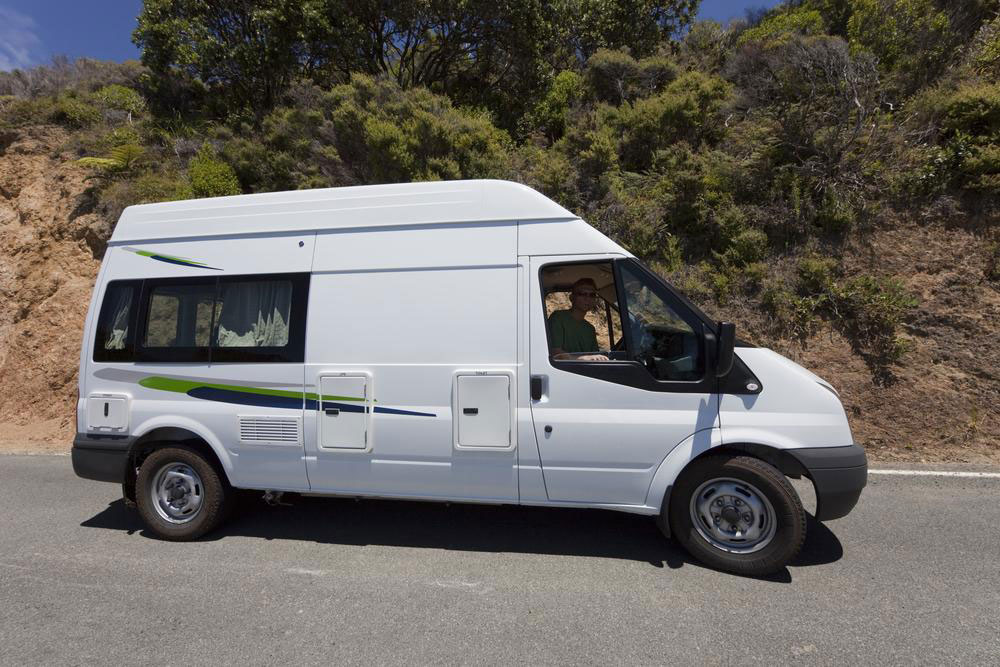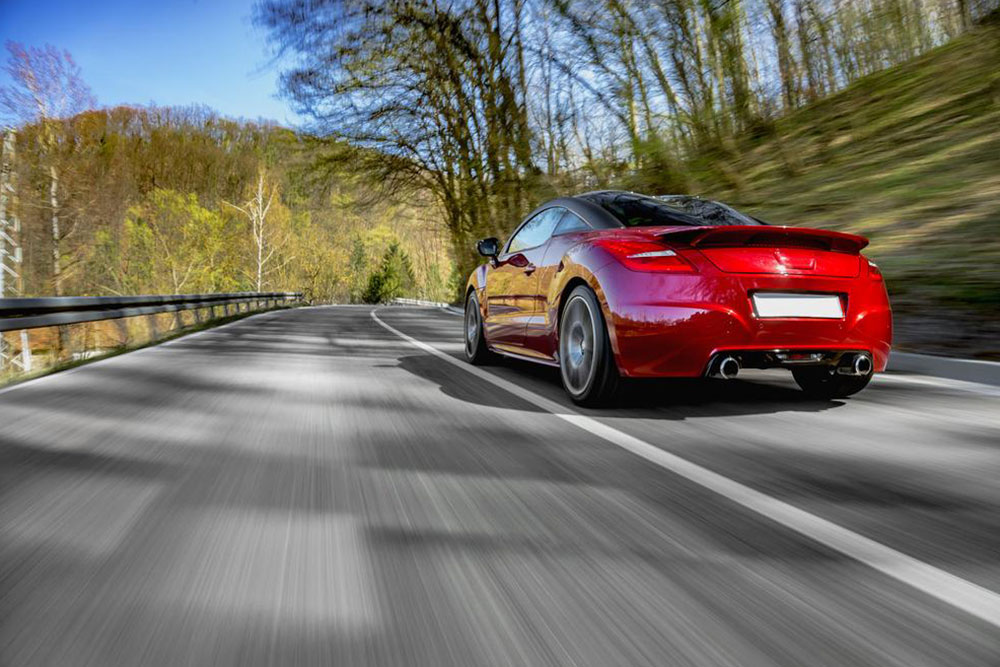Guide to Choosing a Pre-Owned Conversion Van
This comprehensive guide provides essential tips for selecting a used conversion van. It covers choosing the right type, inspecting key components like body condition, suspension, brakes, and engine, and offers advice on pricing. Ideal for buyers seeking affordability and customization options, especially for Chevrolet models. A must-read for enthusiasts and professionals in the recreational vehicle industry.

Key Tips for Selecting a Used Conversion Van
Conversion vans blend the upscale features of luxury SUVs and cars with the durability of recreational vehicles. Their increasing popularity stems from customizable options for both chassis and performance enhancements.
Buying a used conversion van is generally more budget-friendly than a new RV, and they tend to be easier to handle and park. Chevrolet conversion vans, in particular, are highly favored, offering comfort, style, and functionality.
Begin by defining your purpose for purchasing a conversion van. Think about seating needs, onboard entertainment, and cargo space to tailor your choice effectively.
Next, select the type of conversion van that matches your lifestyle.
Common options include accessibility vans, family vans, motorhomes, commercial vehicles, shuttle models, and camper vans. Your choice should align with your driving habits and usage plans.
If you're considering used Chevrolet conversion vans, keep these factors in mind:
Exterior Condition: Carefully examine for rust, especially around door frames, wheel arches, and corners, as rust can weaken the structure.
Suspension: Test the suspension by pressing down on various sides; it should rebound smoothly, indicating a healthy chassis.
Brakes and Tires: Inspect for tire wear, cracks, and brake disc condition, and perform a braking test to assess performance.
Engine Health: Conduct a thorough engine inspection to verify all components are functioning correctly. Past modifications may need adjustments before use.
Price Comparison: Review multiple sources to find the best deal on a used Chevrolet conversion van.


